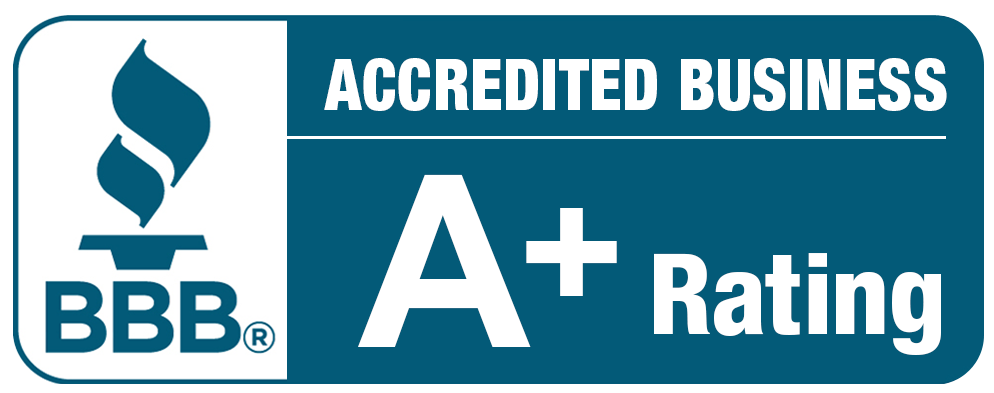In today’s competitive financial landscape, businesses are exploring innovative ways to expand reach and drive high-quality leads. One of the most effective growth channels in 2025 is the affiliate partnership a performance-based collaboration that rewards partners for driving business results.
But what exactly is an affiliate partner, and how does affiliate marketing fit into financial services? This guide breaks down how affiliate partnerships work, why they matter for financial businesses, and how to launch a successful affiliate strategy aligned with your goals and compliance requirements.
An affiliate partnership is a business relationship in which an individual or organization promotes another company’s services or products in exchange for a commission on sales, leads, or conversions they generate.
This structure works particularly well in financial services, where client acquisition is valuable, and compliance standards are strict.
Financial products, like loans, credit repair services, investment platforms, and insurance require trust, education, and targeted promotion. Affiliate partnerships solve this by enabling businesses to tap into audiences already engaged by trusted partners.
Affiliates act as an extended sales force, scaling outreach efforts without expanding internal teams.
Fill the form to request a free Business Debt Consultation Now!
By clicking “Continue” above, I understand and agree to the following terms and conditions:
Affiliate programs in the financial sector often follow one of these core models:
You pay affiliates a set fee for each qualified lead (e.g., form submission, account sign-up).
Affiliates earn a percentage or flat fee for each sale (e.g., financial product purchased).
Common in insurance and loan industries—affiliates earn for each qualified call made to your business.
Combines multiple payment types e.g., small fee per lead plus bonus per conversion.
The model you choose depends on your product, regulatory environment, and sales process.
Not all affiliates are the same. In financial services, it’s especially important to work with credible, compliant partners.
Due to regulatory constraints in finance, you should always vet affiliates thoroughly and provide clear guidelines.
If you are one of the many thousands of companies struggling with high interest business loans, call us today for a free consultation. Just taking the first step in talking to an expert can start relieving stress. And once you talk to a debt help specialist, you will see that there is hope.

Unlike other industries, financial services are heavily regulated. Your affiliate program must follow legal and industry-specific rules.
Partnering with an affiliate network experienced in financial products can also help ensure regulatory alignment.
Launching a partner affiliate program requires planning, structure, and long-term management.
Challenge | Solution |
Low-quality leads | Vet affiliates thoroughly; implement lead validation filters |
Compliance violations | Provide pre-approved content and ongoing training |
Inconsistent affiliate traffic | Diversify affiliate types; track channel performance |
Difficult tracking & attribution | Use reputable affiliate software with real-time reporting |
Affiliate partnerships in financial services are not just about increasing sales, they’re about building a trusted network of partners who can effectively and compliantly promote your solutions. In 2025, financial businesses that embrace affiliate strategies with the right structure, compliance, and relationship management will have a competitive edge in digital customer acquisition.
If you’re ready to grow your financial service business with a compliant and high-performance affiliate strategy, we’re here to help. At NC, we support financial businesses with performance marketing strategies tailored to today’s regulations and tomorrow’s goals.

An A+ rating represents BBB's high degree of confidence that the business is operating in a trustworthy manner and will make a good faith effort to resolve any customer concerns filed with the BBB.
